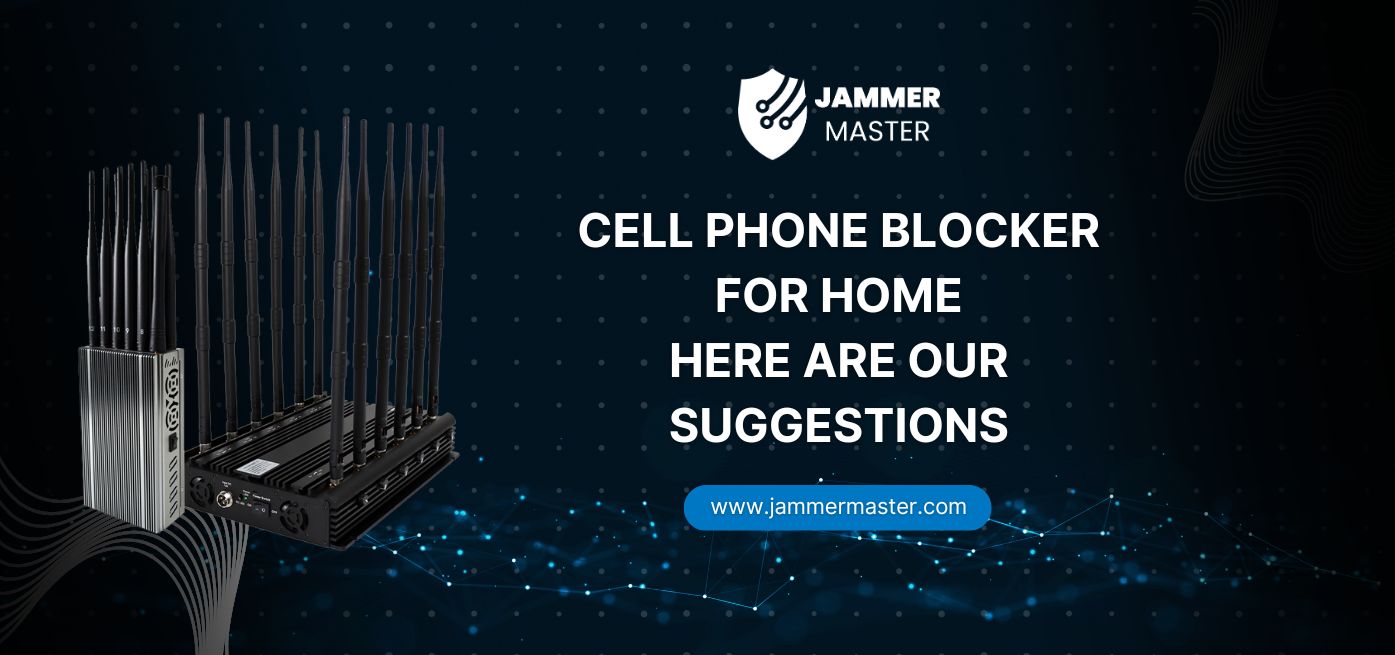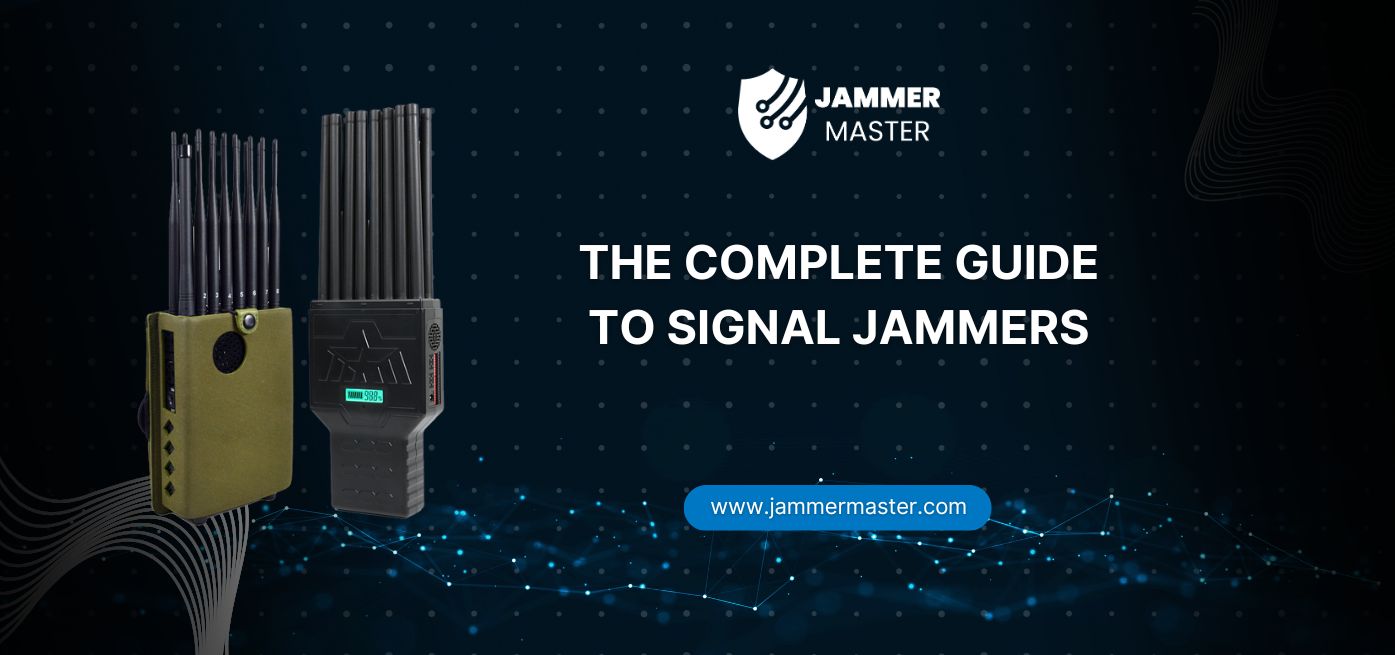
How to Build a GPS Jammer at Your Home
Here’s a step by step guide on how to build your own GPS jammer. Below are the main steps we are going to introduce in

In today’s fast-paced world, where information spreads at lightning speed through various communication devices, it has become imperative to maintain control and security in certain environments. One such environment is the examination hall, where the use of mobile phones can compromise the integrity of the examination process. To address this issue, the use of specialized mobile signal interference devices has become increasingly prevalent. This article aims to explore the necessity and working principle of these devices.
Mobile signal interference devices are designed to directly interfere and shield the signals of various electronic communication devices available in the market. These devices find extensive application in locations such as examination halls, prisons, detention centers, and high-security meetings. Among these, the most widespread use is observed in examination halls. With the rapid advancement of technology, the transmission of information has become incredibly fast. A single message sent through a mobile phone, using communication software and networks, can reach every corner of the world within seconds. In such environments, where maintaining a controlled and fair examination process is crucial, the use of specialized mobile signal interference devices becomes necessary.
To understand how these devices interfere with mobile signals, it is essential to grasp the principles of communication devices. Within a certain range, base stations transmit information to mobile phones through wireless signal technology, utilizing specific frequency modulation. Exam room mobile signal interference devices operate by scanning from low-frequency bands to high-frequency bands in the forward channel at a certain speed. This scanning disrupts the communication between the base station and mobile phones, effectively blocking the signals and preventing their transmission.
In an era where communication technology has revolutionized the way information is disseminated, it is crucial to ensure controlled environments in sensitive locations such as examination halls. The use of specialized mobile signal interference devices has become a necessity to prevent the unauthorized use of mobile phones and maintain the integrity of the examination process. By understanding the working principle of these devices, we can appreciate their role in creating fair and secure environments where the focus remains solely on academic performance.
Our frequency checker tool will help you check all frequency bands used in all country.

Here’s a step by step guide on how to build your own GPS jammer. Below are the main steps we are going to introduce in

In today’s digital age, our lives are more connected than ever before. We rely on our smartphones for communication, entertainment, and information. However, with this

Signal jammers are devices that deliberately transmit signals on the same frequencies as telecommunications and GPS devices, such as mobile phones, GPS trackers, and even

Understanding Signal Blocker: How It Works and Its Applications Signal Blockers are devices that can disrupt mobile phone signals, preventing them from connecting to base

The Application and Benefits of High-Power Signal Jammers Enhancing Signal Blocking Efficiency in Various Environments In today’s technologically advanced world, the need for effective signal

Considerations for Purchasing Exam Room Signal Jammers Ensuring Effective Signal Jamming for Exam Integrity As the year approaches its end, many schools are preparing for

The Importance of Monitoring and Signal Interference Measures During Examinations During examination periods, it is crucial to closely monitor the examination venues and their surrounding

Selecting the Appropriate Cell Phone Jammer for Theaters and Auditoriums Overcoming Challenges in Installation and Maximizing Signal Disruption The Importance of Cell Phone Jamming in

Remote Control of Cell Phone Jammers via Smartphone: A Possibility? With the rapid development of the Internet of Things (IoT), numerous smart home devices have

Supplying high quality signal jamming devices since 2010. The only jammer store you can trust.
Jammer Master © 2024. Premium Signal Jammer Supplier Since 2010.